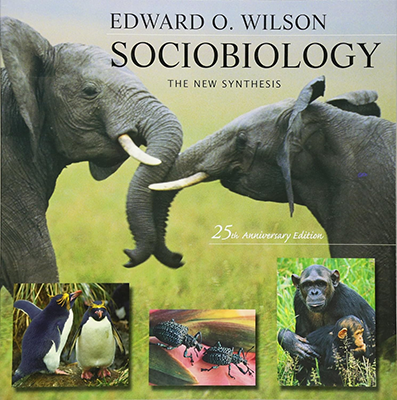
Edward O. Wilson
Edward O. Wilson, born on June 10, 1929, is a highly influential biologist, researcher, and writer. He is renowned for his work in the fields of sociobiology, biodiversity, and conservation biology. Wilson has made significant contributions to our understanding of social behavior in animals, especially ants, and has been a leading voice in the study of biodiversity and its preservation.
Wilson’s groundbreaking research on ants, particularly his studies of their social behavior and ecology, earned him widespread recognition in the scientific community. His work laid the foundation for the field of sociobiology, which seeks to understand the biological basis of social behavior across species.
In addition to his scientific contributions, Wilson is also a prolific author. He has written numerous books aimed at both academic and popular audiences, covering topics ranging from biology and ecology to the human condition and environmentalism. One of his most famous works is “The Diversity of Life,” in which he explores the importance of biodiversity and the threats it faces in the modern world.
Wilson is a two-time winner of the Pulitzer Prize for General Nonfiction, for his books “On Human Nature” (1979) and “The Ants” (1991, co-authored with Bert Hölldobler). He has received numerous other awards and honors for his scientific achievements, including the National Medal of Science and the Crafoord Prize in Biosciences.
Throughout his career, Wilson has been a passionate advocate for the conservation of the natural world. He has spoken out about the importance of preserving biodiversity and has worked to raise awareness about the threats posed by habitat destruction, climate change, and other human activities.
Edward O. Wilson’s work has had a profound impact on our understanding of the natural world and our relationship to it. He continues to be an influential figure in biology and conservation, inspiring future generations of scientists and environmentalists.



